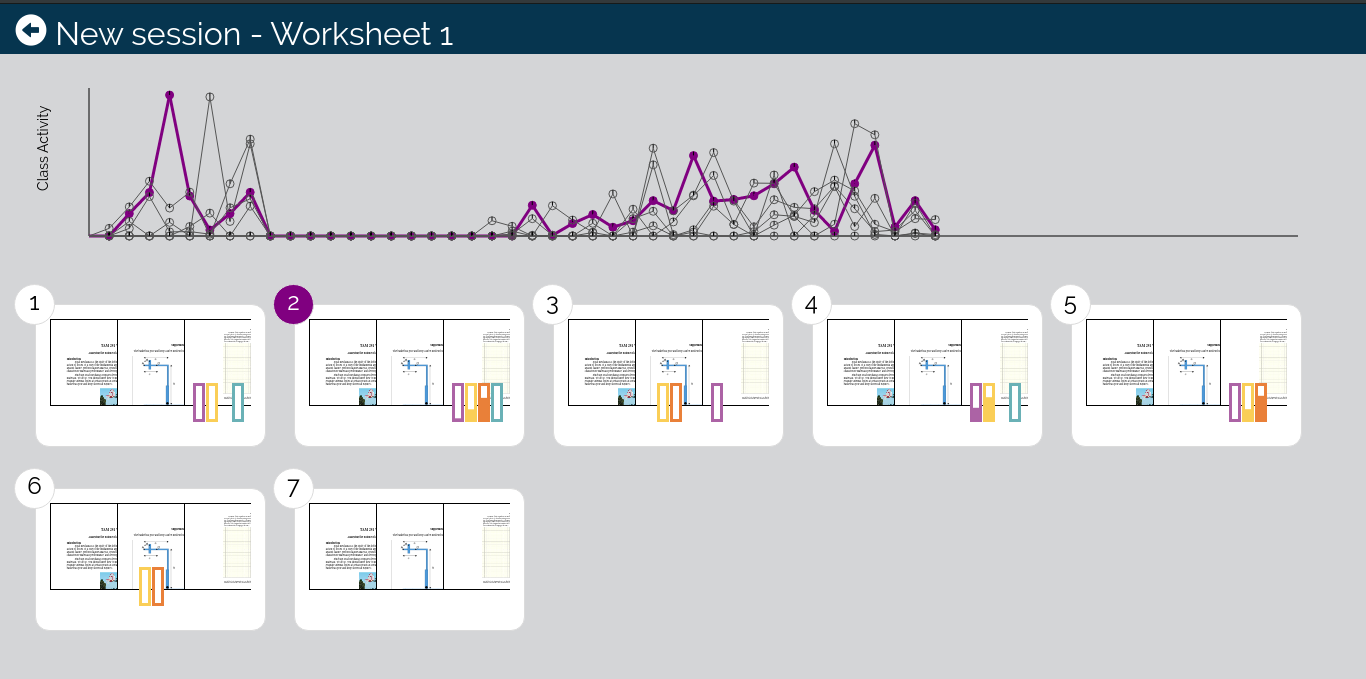Collaborative learning activities provide the opportunity for students to construct their own knowledge, while helping other students simultaneously. After converting the discussion sections of two of my Mechanical Engineering classes from traditional lecture-style to collaborative learning activities, I noticed that interactions among students were substantially improved when I replaced the old arm chairs with active learning furniture. However, some students were still working on their own printed worksheet without communicating with the rest of the group, despite of the physical arrangement.

To further improve the collaboration among students, I started working with faculty from the College of Education on a project to develop a web-based application that supports the joint construction of problem solutions in a shared browser environment. During discussion sections, students have to work on the collaborative activity using tablet computers (instead of printed worksheets) that are synced among members of the same group, promoting more interactions between students. During the first years of this project, the research team collected log data from the tablets, and videos and audios from the classes. Data-driven models were developed to predict common interaction behaviors among students, such as “off-task”. We used these predictions to provide prompts to instructors in real-time during class, providing them guidance during the collaborative learning activities. This web-based application only allows for hand-written solutions using tablets.

Salim S., Lu L., Mercier E., Margotta A., Livingston E., Silva M., Tucker T., “Towards the effective implementation of collaborative problem solving in undergraduate engineering classrooms: co-designing guidelines for teaching assistants”, 127th American Society for Engineering Education Annual Conference and Exposition (ASEE 2020), 2020.
Tucker T., Shehab S., Silva M., Mercier E. “WIP: Evidence-based analysis of the design of collaborative problem-solving engineering tasks”, 126th American Society for Engineering Education Annual Conference and Exposition (ASEE 2019), 2019.
Grant: “Improving collaborative learning in engineering classes through integrated tools for instructors and students”, National Science Foundation (NSF) Cyberlearning Design and Implementation. Research team: Emma Mercier, Luc Paquette and Mariana Silva, 2016-2020.